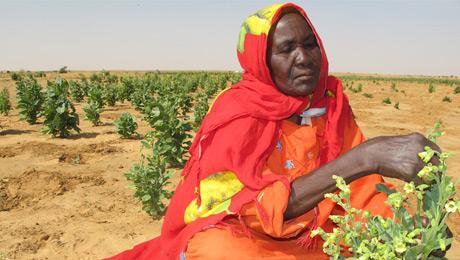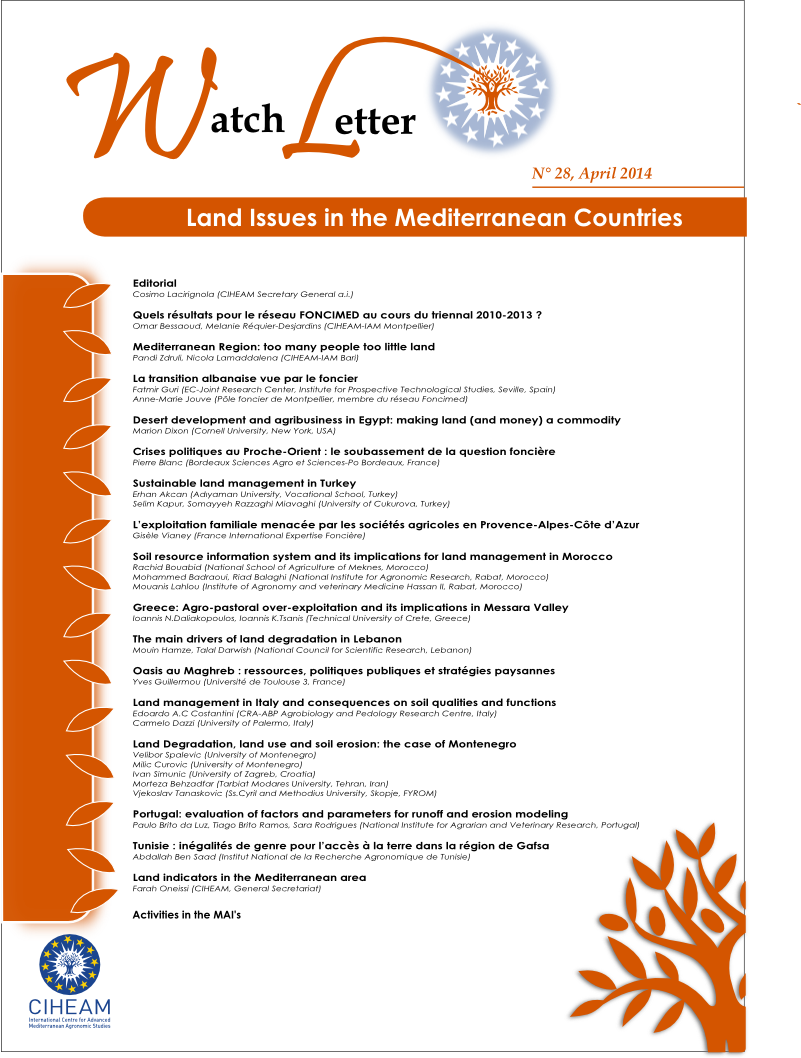NRC Report: "Tenure security, land rights and the provision of humanitarian shelter
Providing shelter is essential in saving lives and decreasing the vulnerability of those displaced by conflict or natural disasters, and as such, should be a strategic priority in any humanitarian intervention. However humanitarian organisations increasingly struggle to provide shelter to those that need it most when the tenure of beneficiaries – that is the conditions under which they occupy land or dwellings – is uncertain or insecure.









